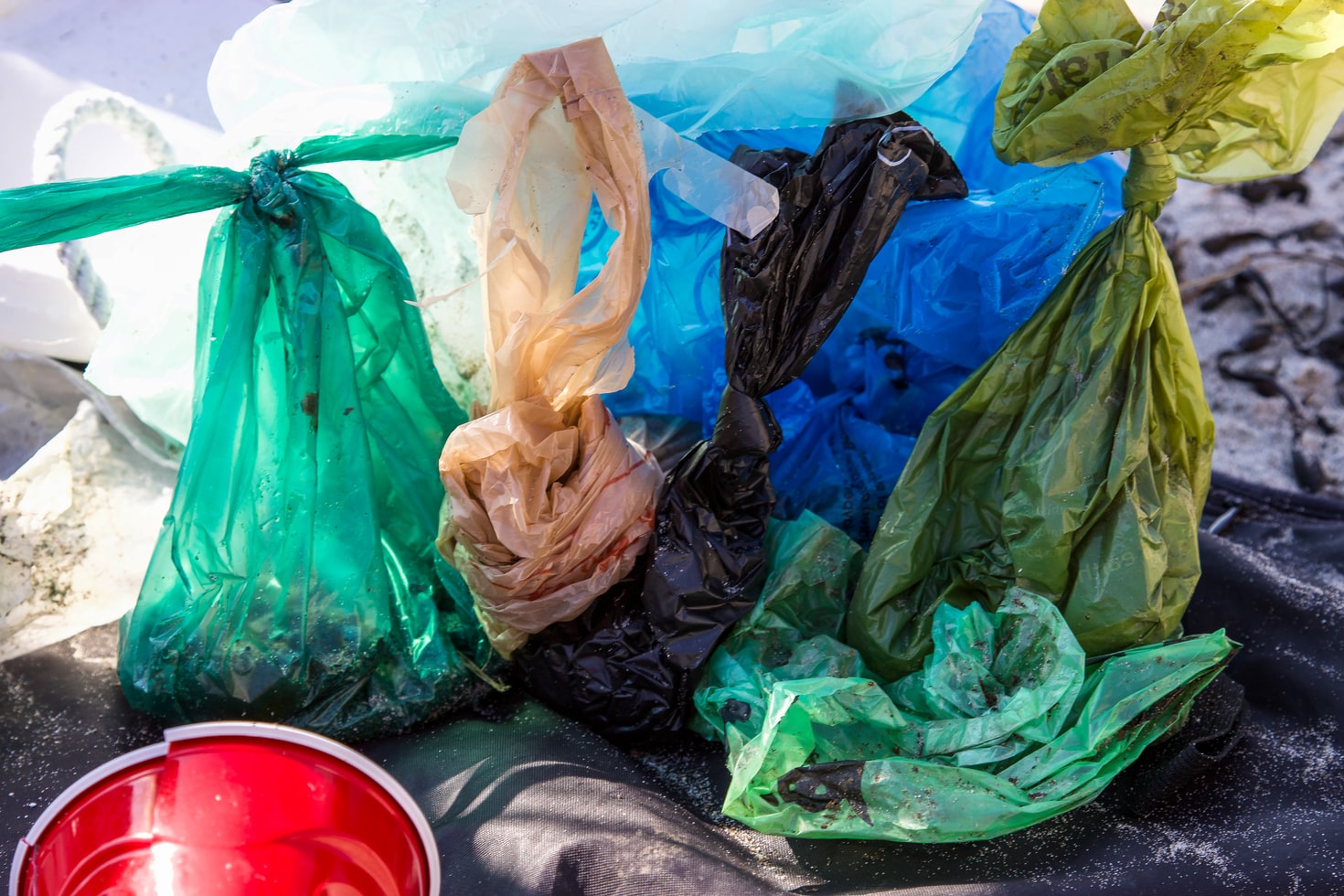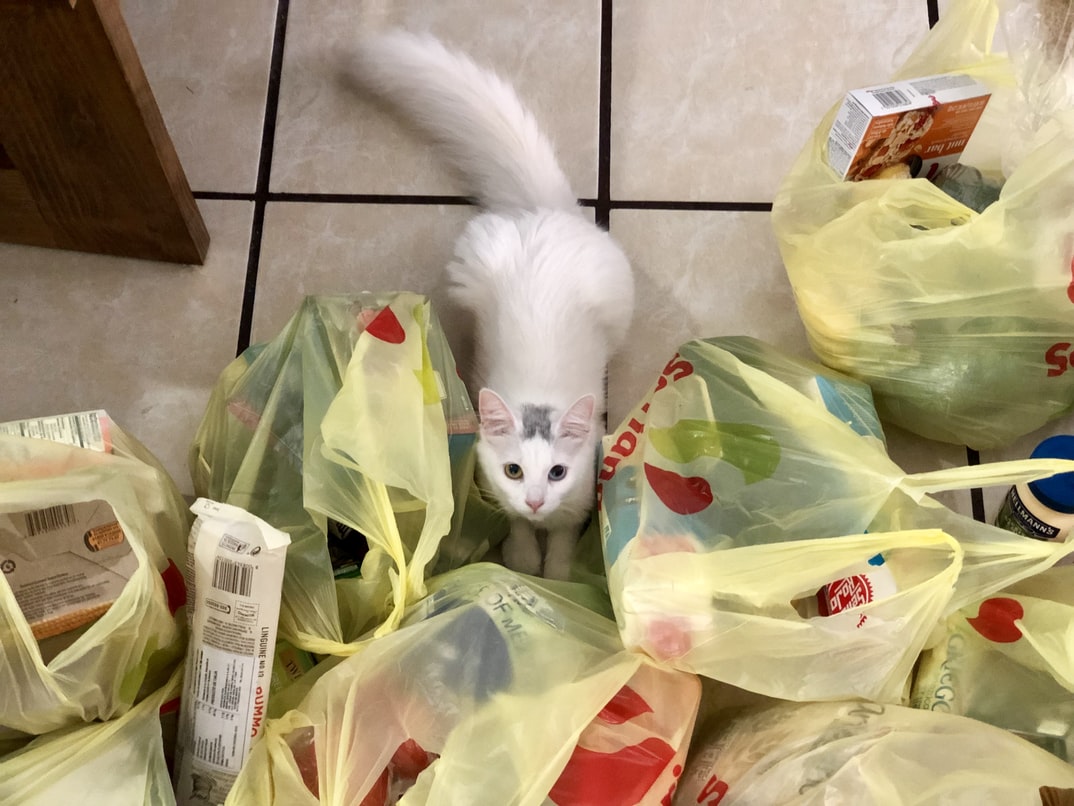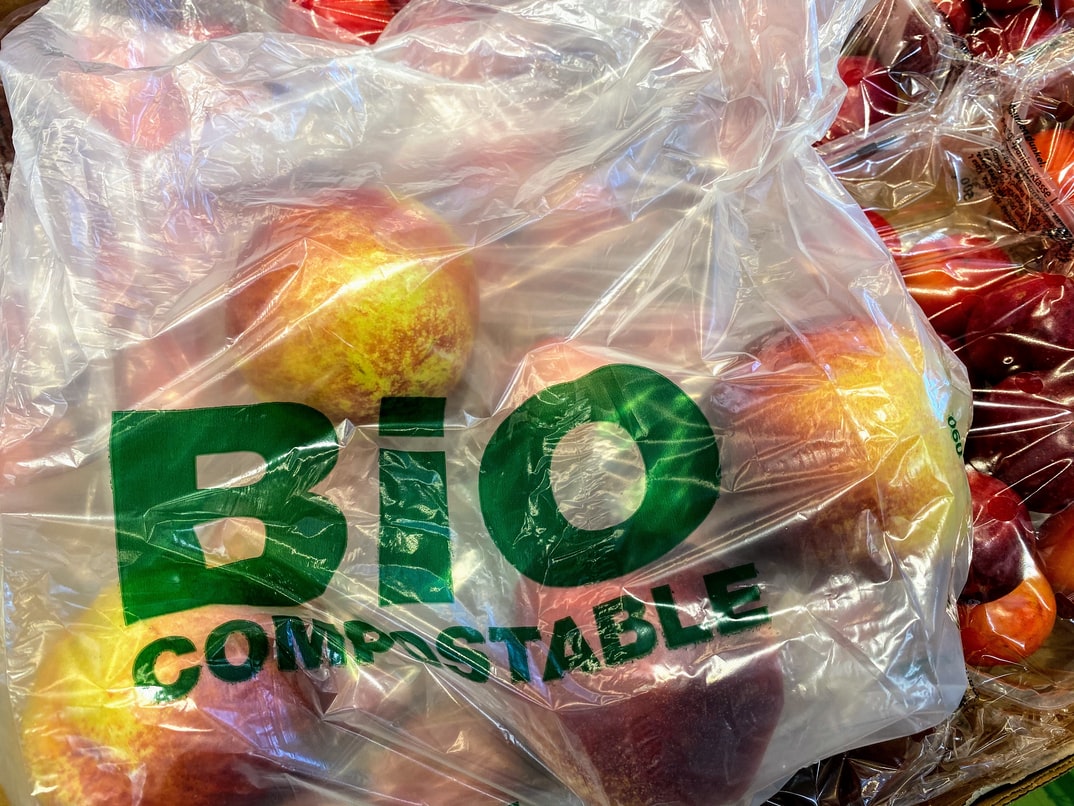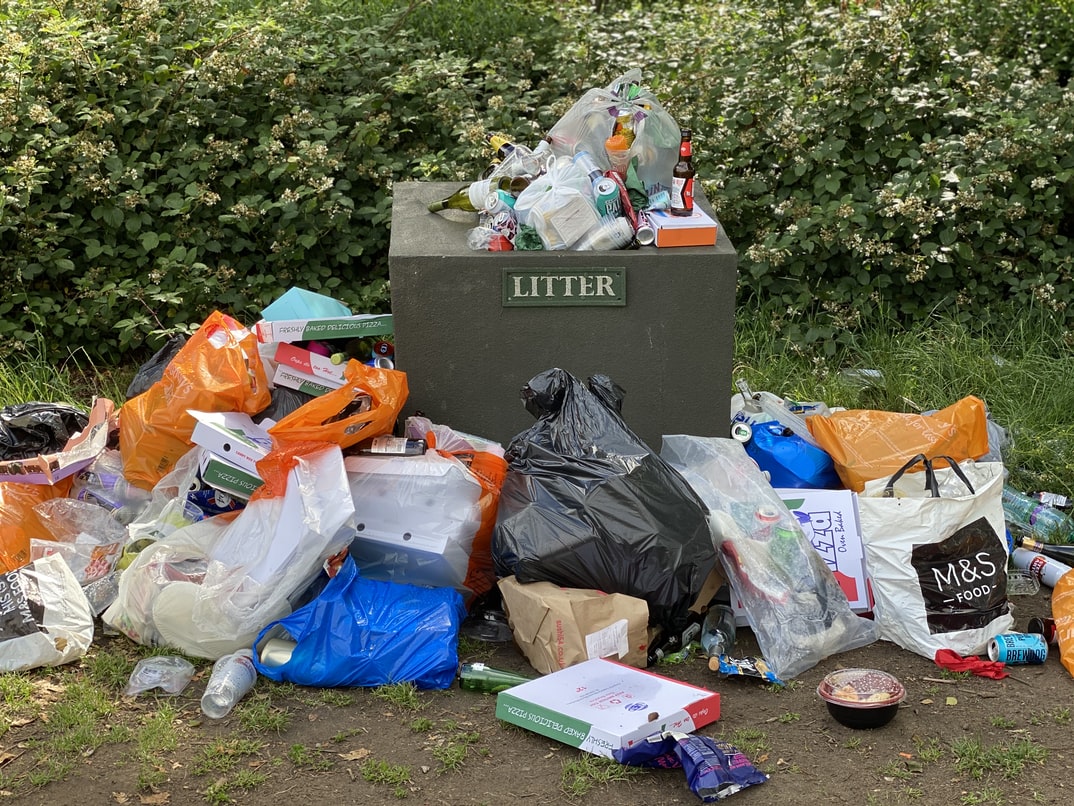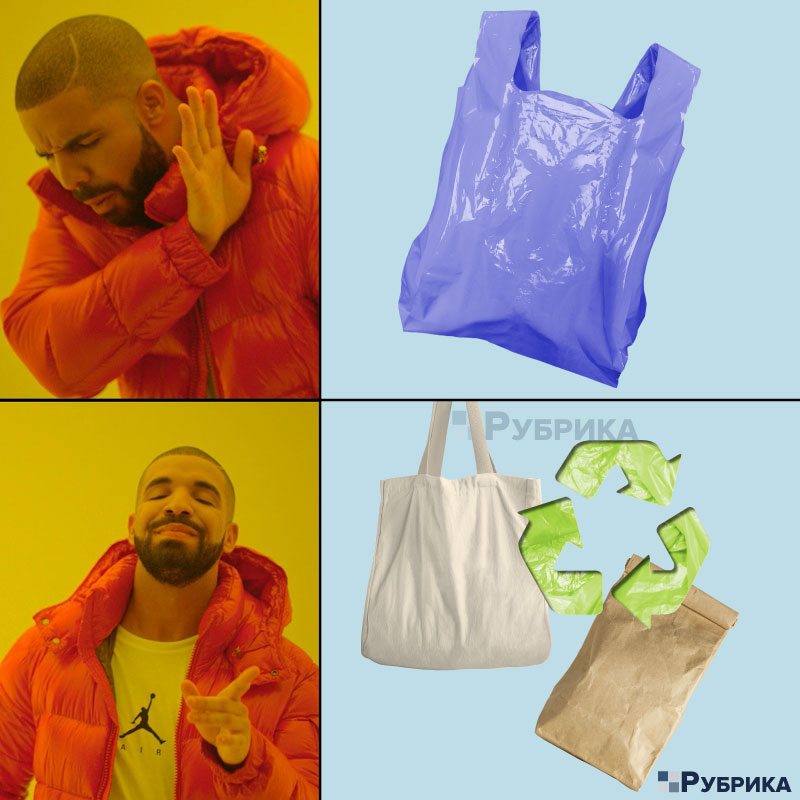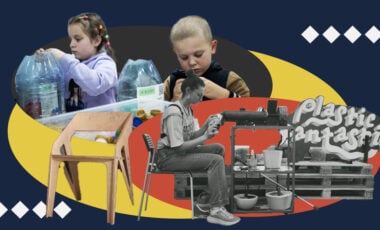Plastic bag for a cost: how the law works and whether it reduces polyethylene in landfills
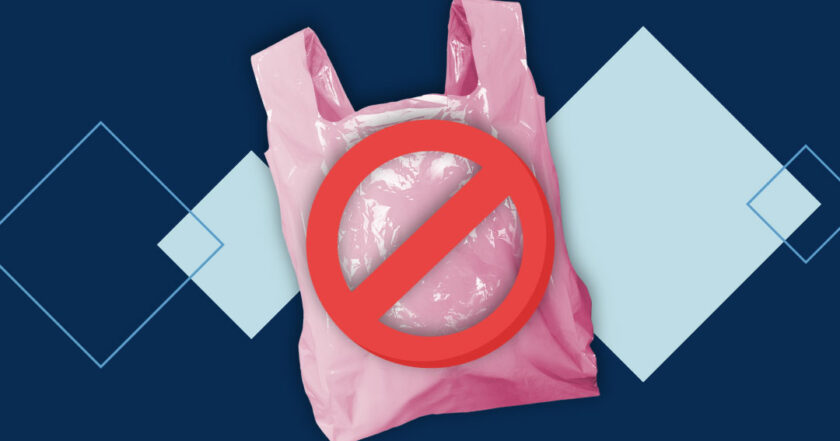
From December 10, 2021, disposable plastic bags in Ukraine become paid for. On March 9, 2022, a general ban on distributing such bags will come into force. And only till 2023 will the ban not apply to ultra-thin primary packaging for fresh fish, meat, and bulk goods. And then only biodegradable packages will remain legal, which are still scarce in Ukraine.
All this is provided by the Law "On Restrictions on the Circulation of Plastic Bags on the Territory of Ukraine," adopted on June 1, 2021. The innovation is designed to minimize plastic waste that decomposes over hundreds of years, and thus take care of the environment. And this is good. But will this law be enough?
Spoiler: no. RUBRYKA has learned what the law provides and what solutions are lacking to take a more significant step for our safety.
What is the problem?
They remember the Beatles, but we don't remember them
A plastic bag lying in your drawer or somewhere on the kitchen shelf is likely to outlive you. Even if you stop reading now and go throw it away.
The decomposition period of the average bag is from one hundred to two hundred years. The thinner the bag, the worse it can be recycled, and thus the less often it gets to recycling plants. Instead, for centuries it has been lying in landfills, in forests, underground… And of course, who lives on the ocean bottom? Right. A plastic bag.
The planet suffers from pollution and, despite its ability to self-clean, it can no longer take the scale at which you and I produce new garbage. Especially when it comes to what decomposes over hundreds of years.
What is the solution?
"You may not use a bag" instead of "you don't need to use a bag"
In the summer of 2021, Ukrainian deputies finally passed a law that imposes significant restrictions on the use of plastic bags for shops and restaurants. The main changes are to limit the circulation of ultra-thin and thin plastic bags (excluding garbage bags) to 50 micrometers and oxo-decomposing bags. What are the limitations:
- rougher bags (which are more recyclable) will be paid from December 10 and will cost from 2 to 3 hryvnias apiece, and from the beginning of 2023 will be banned;
- it will be possible to freely use biodegradable bags manufactured according to the relevant European standards and with the appropriate labeling.
It will be possible to distribute bags for free only if they meet certain requirements: width up to 225 millimeters (without side folds), length not more than 450 millimeters (including handles). They will be used for packing and transporting fresh fish, meat, ice, and bulk products. That is, it will be the primary packaging.
How does it work?
Or what factors will determine whether it will work effectively
Head of the legal department of the Environment.People.Law organization Olha Melen-Zabramna says it's too early to draw conclusions about the effectiveness of the law, but it's already clear that it alone will not be enough to take a significant step towards solving the environmental problem.
"Control over implementing this law is entrusted to the State Food and Consumer Service, which has various forms of activity and types of control. These can be scheduled or unscheduled inspections, market controls, inspections of commissions from various bodies, visits to business entities, etc. Consumers can also inform the State Food and Consumer Service about the facts of violations and the State Tax Service will have to conduct inspections on such facts and complaints.
But the effectiveness of this law will depend on many factors: the quality of control by the State Food and Consumer Service, the environmental awareness of business (trade, domestic services, and catering), the availability of alternatives as bio-bags, other bio or paper packaging instead of polyethylene, people's environmental awareness," says Olha Melen-Zabramna.
If the State Food and Consumer Service find relevant violations, the establishment that committed them (a store or, say, a coffee shop) will be punished:
- until March 2022, a fine of 1,700 to 3,400 hryvnias;
- in case of repeated violation with a fine from 3,400 to 8,500 hryvnias;
- after March 2022 with a fine of 8,500 to 17,000 hryvnias;
- in case of repeated violation with a fine from 17,000 to 34,000 hryvnias.
How does it not work?
The garbage itself won't disappear anyway
The positive thing about the new law is that the bag manufacturers are now prohibited from adding the prefix "bio" to their products and calling it environmentally friendly if it is not. In a year it will be possible to use only real bio packaging, but there is a problem. And the expert mentions it:
"Such 'bio' bags are currently very limited in Ukraine, the standards for their production should be the same as in Europe. I think that they will not appear in Ukraine soon and it will be difficult to check their compliance with these standards."
In addition, the law doesn't solve the problem of recycling. Approximately 95% of waste in Ukraine ends up in landfills, on the streets, and in the wild. There is a critical shortage of recycling plants, and investors are not ready to invest in them. There is a solution, but it hasn't been possible to adopt it at the legislative level for several years.
"Today, the urgent need is the adoption of Draft Law 2207-1d "On Waste" to launch a system of extended producer responsibility. Then the issue of polyethylene in packaging will be the responsibility of producers, not local governments or consumers. This will force us to reduce the volume of packaging materials and make them more environmentally friendly, and then be responsible for collecting and handling their packaging (recycling, disposal, etc.)," explains Olha Melen-Zabramna.
More useful solutions
Fight for nature at home
If you want to contribute to protecting nature from plastic, it will be enough to start with a few useful habits:
- replace plastic bags with cloth bags;
- move the products you keep in bags to reusable plastic containers;
- start sorting waste and handing over plastic for recycling;
- when buying take-away coffee, ask to make it in your eco-cup, and refuse plastic straws in establishments.



